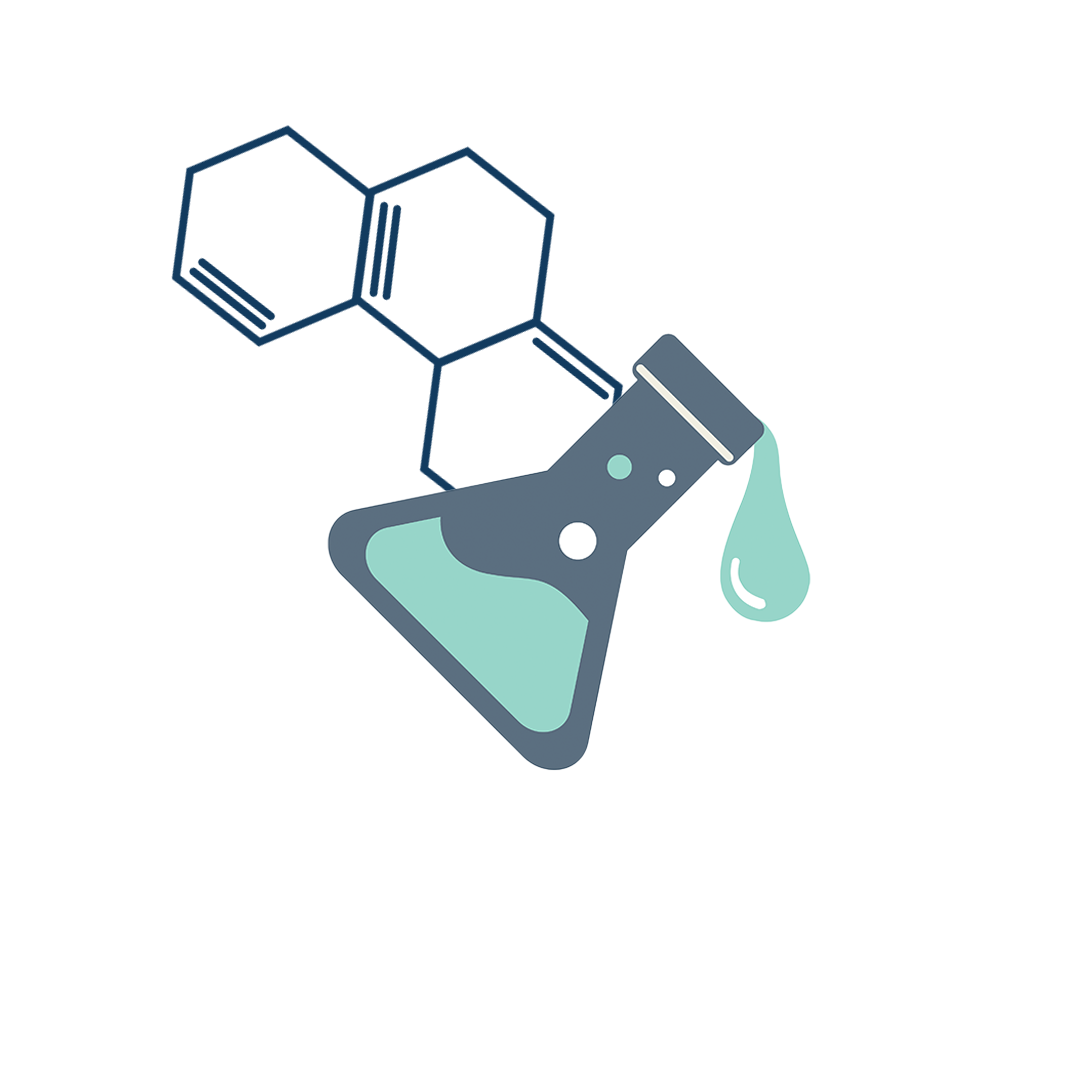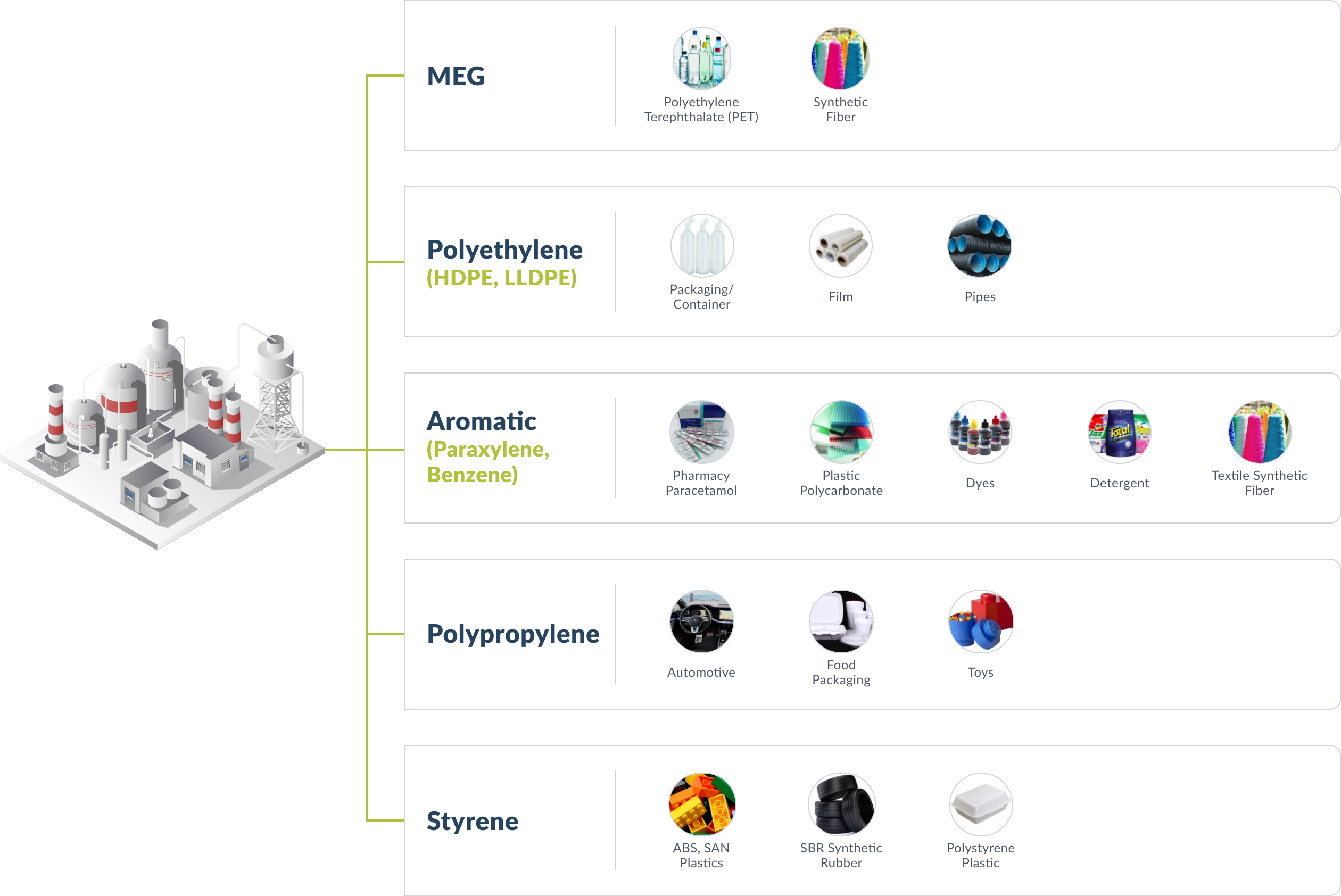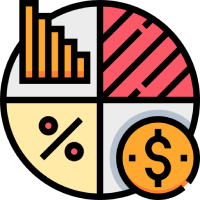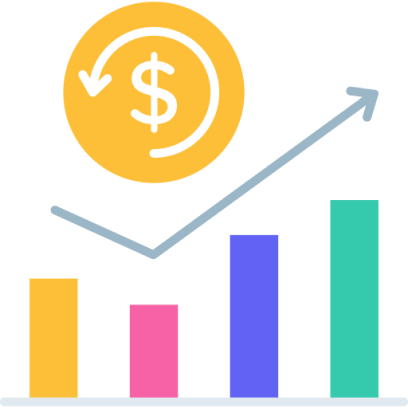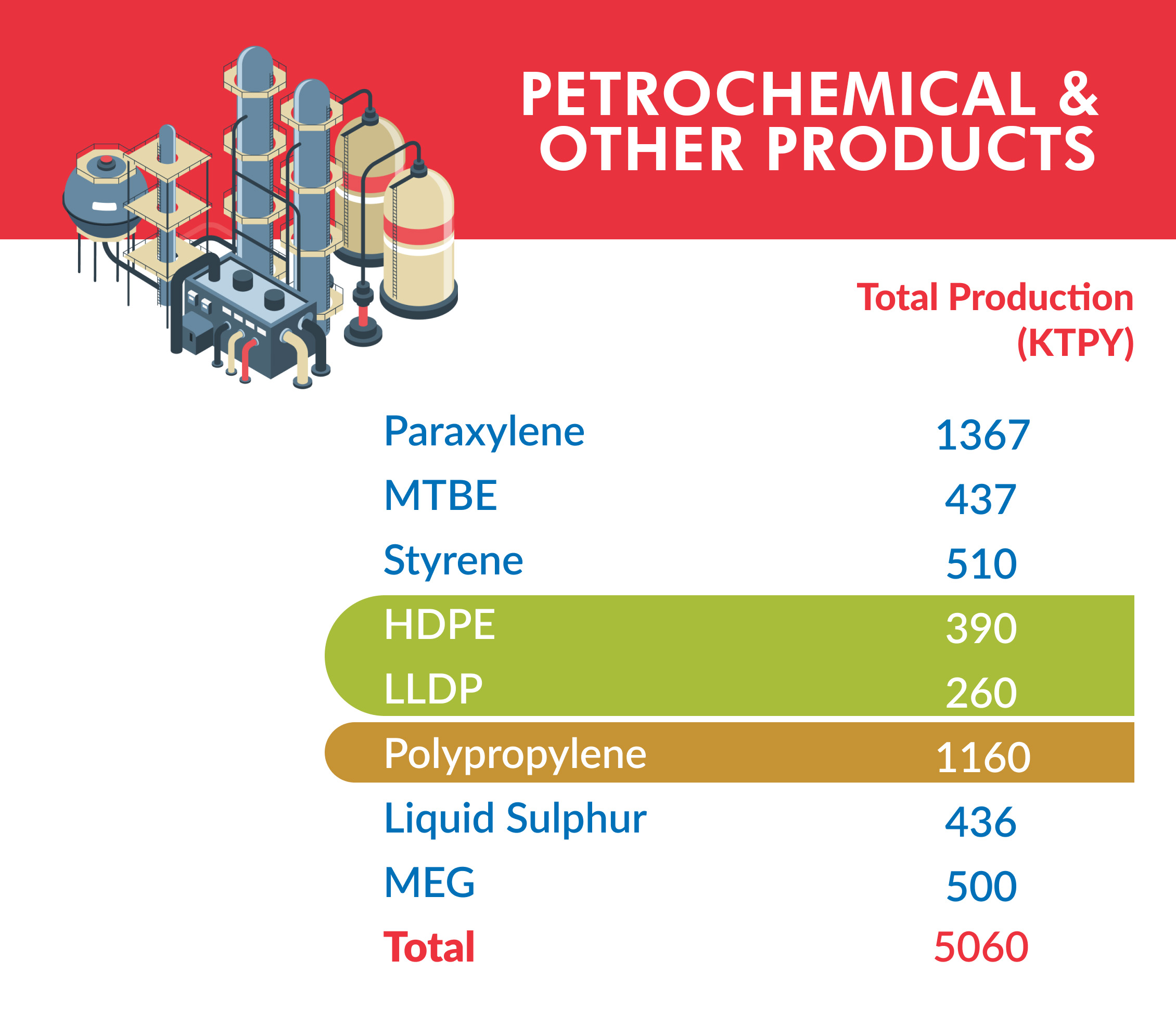
Petrochemical Products of GRR Tuban
So far, petroleum is more widely known as the main source of energy in the world, which is used as fuel or energy source of the world. In fact, as a chemical compound hydrocarbons (which contain hydrogen and carbon elements) in petroleum for centuries are processed to produce non-energy chemical products.
Non-energy chemical products are also called petrochemicals, which comes from the words 'petro' aka petroleum, and chemical. Currently, there are at least 20 petroleum-produced chemicals that are redeveloped into modern manufacturing raw materials.
International Energy Agency (IEA) in its report entitled "The Future of Petrochemicals: Towards More Sustainable Plastics and Fertilizers" (2018) stated that feed stock petrochemical now accounts for 12% of global crude oil demand. IEA expects petrochemical demand to continue to increase until it reaches 30% of the world's crude oil demand by 2030. That figure is predicted to continue to grown, to 50% by 2050.
In the records of International Council of Chemical Associations (ICCA) the added value of the chemical industry is very high: every US$ 1 generated will lead to the creation of US$ 4 in the global economy. The ICCA also estimates that economic activity and production of goods/services created by the chemical industry amounted to US$5.7 trillion in 2017, equivalent to 7% of the world's Gross Domestic Product (GDP)—which according to the World Bank reached US$ 81.3 trillion (as of 2017).
Contrary to these conditions, Indonesia, which is one of the producers of oil and gas as a raw material for petrochemicals, still imports petrochemical products, every year Indonesia's petrochemical imports can reach US $ 20 billion or equivalent to Rp 284 trillion. That figure is equivalent to 30% of the total national imports. Plastic raw materials and organic chemicals have dominated petrochemical import for many years.
Realizing this, as part of the added value of fuel refineries built in order to realize national energy independence, as well as considering the economic potential of petrochemical products, PRPP comes with fuel refineries that are integrated with the petrochemical industry.
GRR Tuban Product
Grass Root Refinery Tuban (GRR) is a modern fuel refinery with a daily capacity to process up to 300,000 barrels of crude oil.
10,921 kilo tons of fuel and 5,060 kilo tons of petrochemical products and other petrochemical derivatives can be produced annually at the GRR Tuban Refinery, respectively.
Refinery
Product
Gasoline RON 95
Gasoline RON 98
Jet A1 (Avtur)
Diesel
Sulphur
Metil Tersier Butil Eter (MBTE)

Petrochemical
Product
HDPE
LLDPE
Polypropylene
Mono Ethylene Glycol
Styrene
Aromatics
